Global Voices: Joining Forces to Keep the Project Going

When the Jewish Agency decided in 2023 to shut down OLAM partner TEN - its initiative that brought Israeli and diaspora Jewish volunteers to support communities abroad - the news hit hard, especially for those who had built and nurtured its projects.
For Yuval Barda, who had been recently appointed as General Manager at TEN, the closure was more than a job loss. It was the potential end of long-standing partnerships throughout the Global South - which Yuval felt shouldn’t be allowed to simply disappear.
Yuval reached out to Michal Dolev, CEO of fellow OLAM partner Engineers Without Borders – Israel (EWB-Israel). That conversation sparked a joining of forces of sorts that has breathed new life into TEN’s work in Ghana, blending TEN’s expertise in volunteer-led education and rehabilitation with EWB’s strengths in technological adaptation for people with disabilities.
In our latest Global Voices blog, Michal and Yuval share how they gave a meaningful project new life, what it takes to blend two very different organizational cultures, and how OLAM played a behind-the-scenes role in making it happen.
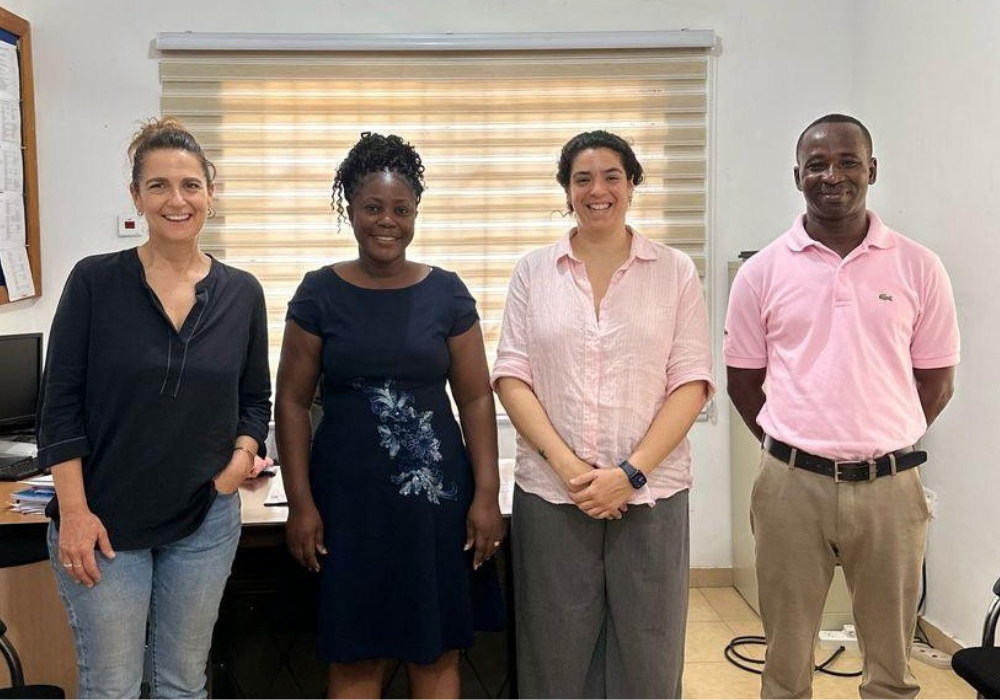
Q: Let’s start with the basics — how did this all get started?
Yuval: After three years at TEN, I was the one who was asked to close it. I took two weeks to both mourn and panic, and then began thinking: What can we do so we don’t lose the unique projects TEN has created?
I looked for an organization that would be open to hearing what we had done and might give us the opportunity to continue the work. I met with Michal, and something clicked: a combination of our personalities, timing, and opportunity. We both value partnerships, and this one has worked beautifully.
Michal: Since October 7th, EWB-Israel has been working on an emergency project in Israel to adapt homes for newly-disabled people who had been injured during the attack and the war. It’s similar to what we’d been doing for years in Kenya and Tanzania, and had some commonalities with TEN’s work in Ghana with children with disabilities.
Now that the emergency phase in Israel is over, we want to use what we learned to strengthen our ongoing work. The Ghana project is part of that shift.
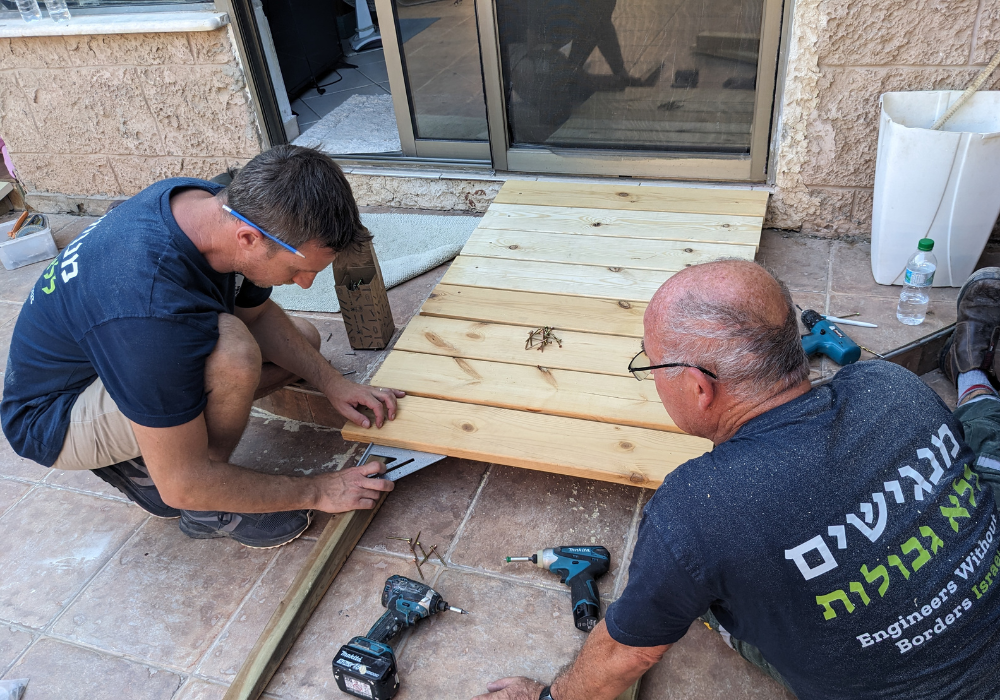
Q: Can you tell us more about the Ghana project?
Yuval: In the last two years of TEN, we began to focus on health. We sent skilled volunteers like occupational and physical therapists to work alongside local professionals. EWB-Israel was already working with skilled volunteers, so we thought this was a good opportunity to combine our knowledge and experiences.
In Ghana, we’re working with CBR-Ghana, a community-based rehabilitation organization, to develop low-cost, locally made technologies to improve life for children with disabilities and their caregivers. The idea is not to import solutions, but to co-create solutions using local materials, knowledge, and expertise.
We’re still in the pilot stage. Our first delegation will focus on fostering children’s independence — for example, improving mobility so they can move on their own, or helping them feed themselves. These skills can be transformative, benefiting the children while also providing relief to their caregivers, usually their mothers.
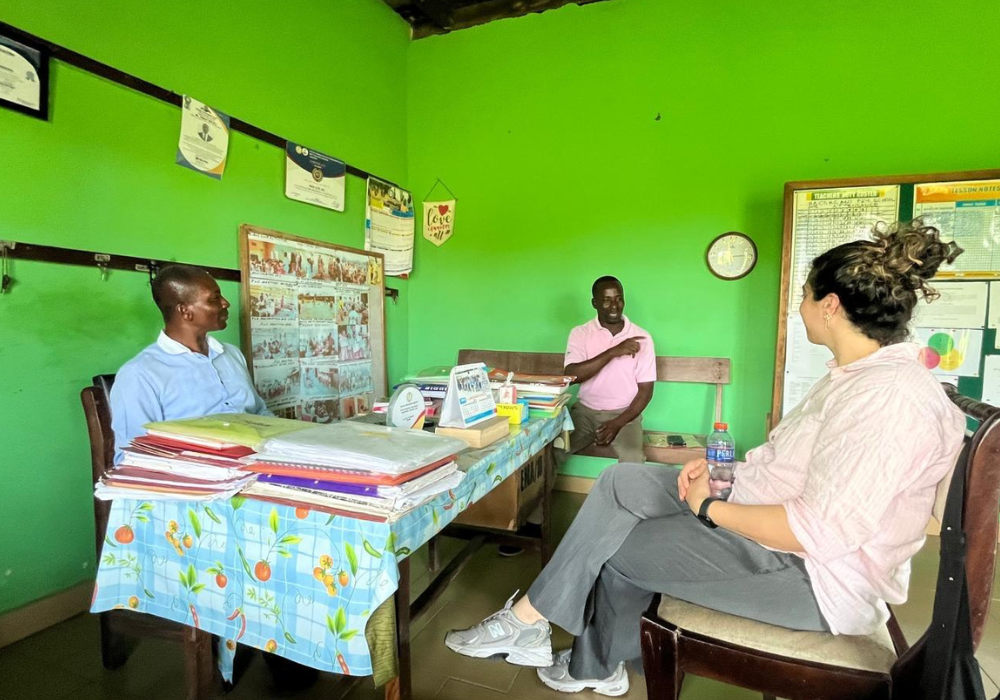
Q: You are careful not to call this a merger. Why?
Michal: We didn’t “absorb” TEN or its whole operation as one would do in a typical merger. EWB-Israel took one part of TEN’s work – the piece we knew we could grow and make more impactful – and integrated it into our structure. It’s a synergy, not a takeover.
Yuval: For me, this wasn’t about finding a new job, or replicating TEN. I wanted to find the project a new home and make sure it would live on, whether or not I am ultimately involved in it.
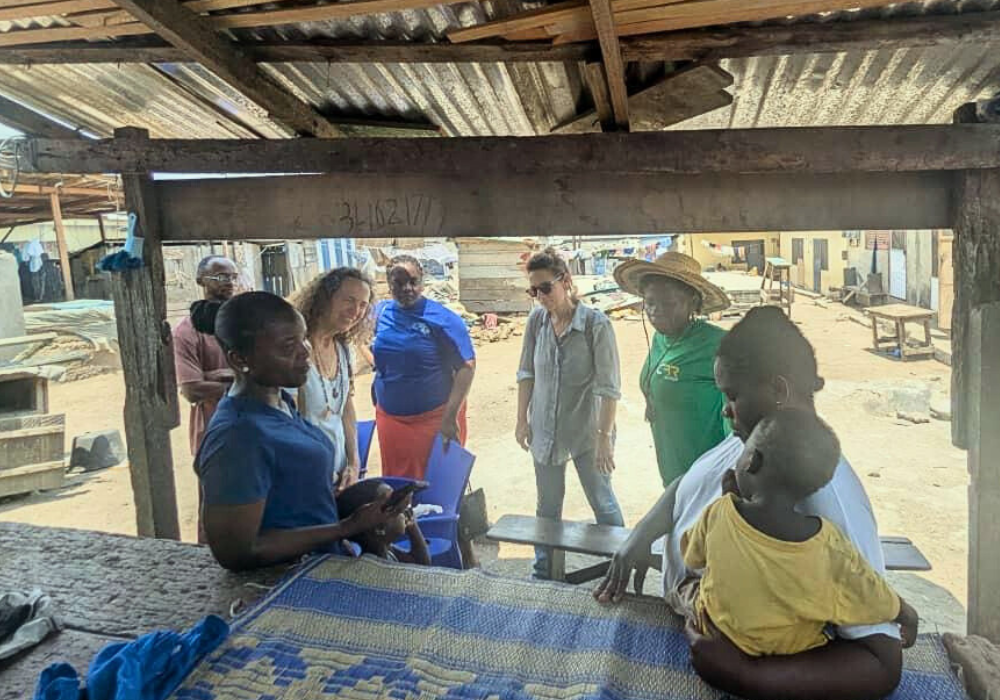
Q: How did OLAM fit into the story?
Michal: OLAM facilitated the entire connection from the start. We needed seed money and resources, and it was delicate — TEN was part of the Jewish Agency, and EWB-Israel is structured differently. Dyonna [Ginsburg, OLAM CEO] helped us map challenges and think about who to talk to. She even suggested possible funders, partnerships, and introductions, including JFNA and Shalom Corps. Seeing the wider picture of tikkun olam was super helpful, and she guided us through what could be a complicated process.
Yuval: I think this is exactly what an umbrella-type of organization should be doing. They have knowledge, can make connections, and help us understand who we can talk to. This was very helpful. Dyonna was also one of the first people I called when TEN was closing. She felt strongly that even if only part of the project could continue, it should — because of the impact TEN has had.

Q: Two very different organizations are now working together. What’s that like?
Michal: It takes flexibility. We have to understand what’s been done, figure out the added value we can bring, and adapt without losing our own identity.
Values were the foundation. We compared TEN’s “ethical code” and EWB-Israel’s “dos and don’ts” — they fit perfectly. We both believe in entering communities with humility, listening first, and respecting local leadership.
Yuval: I agree. In TEN, the model was about 50-50: community benefit and volunteer growth. In EWB-Israel, it’s more focused on the community. But the underlying ethics are the same.
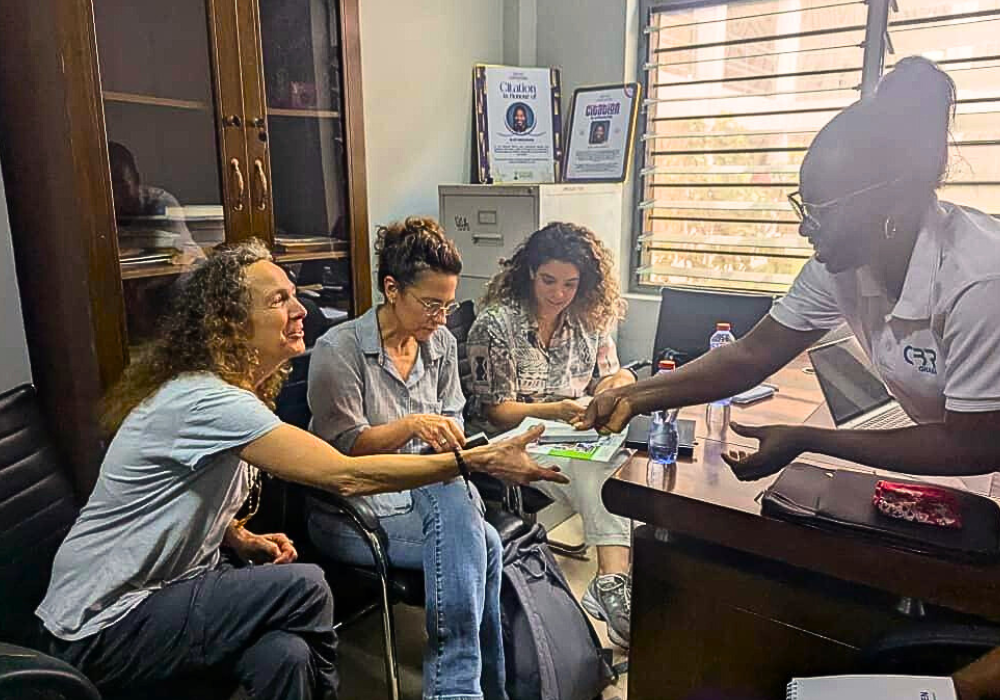
Q: What advice would you give other organizations considering something similar?
Michal: Don’t give up too quickly. Sometimes in Israel a small organization gets swallowed by a bigger one — but it doesn’t have to be that way. If someone has the vision and courage, you can find a way to keep the work alive.
It’s still early days, and there will be ups and downs. But when the mind and heart are in the same place, you can do something meaningful together.
Yuval: Don’t be afraid of “failure.” Sometimes things happen beyond your control. That’s not the end; it’s an opportunity to adapt.
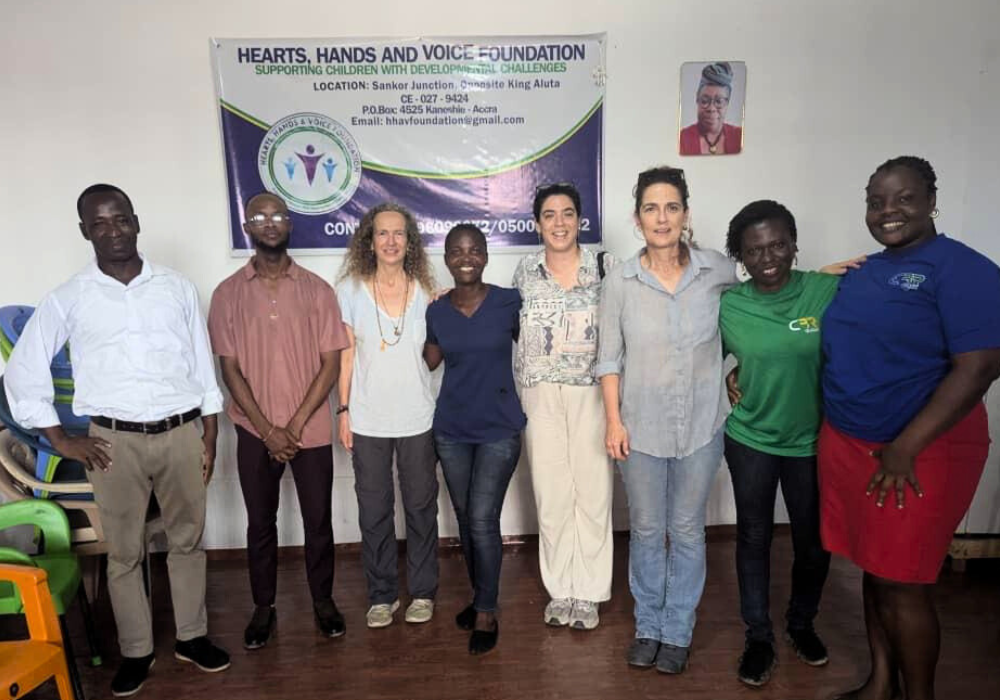
Over the past few years, OLAM has served as a resource to several of our partner organizations considering mergers, handovers, or other partnership models - pointing them in the direction of relevant resources, enabling them to use OLAM in Motion subsidies to explore such models, and providing a confidential sounding board.
If you’d like to explore whether such a partnership could be right for your organization, OLAM can help navigate the process. Reach out to Dyonna at dyonna@olamtogether.org
* All photos are courtesy of EWB-Israel and TEN.




